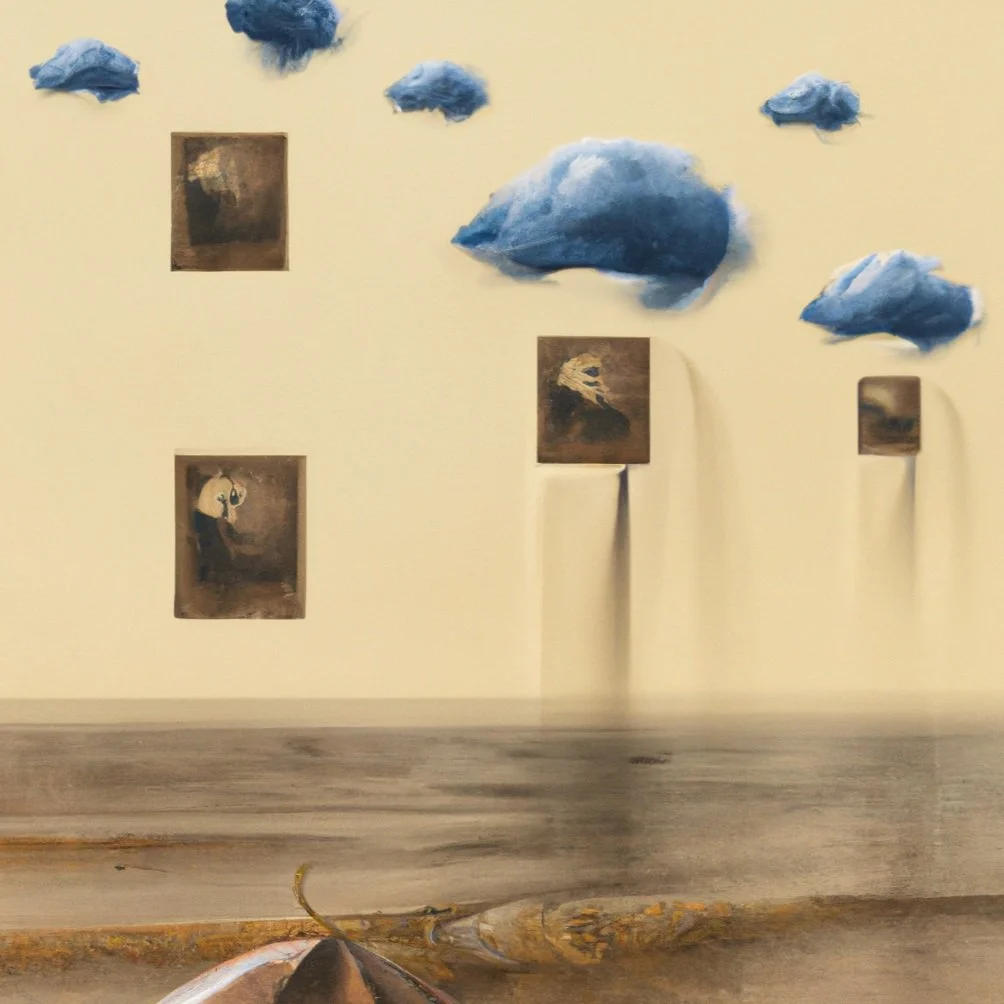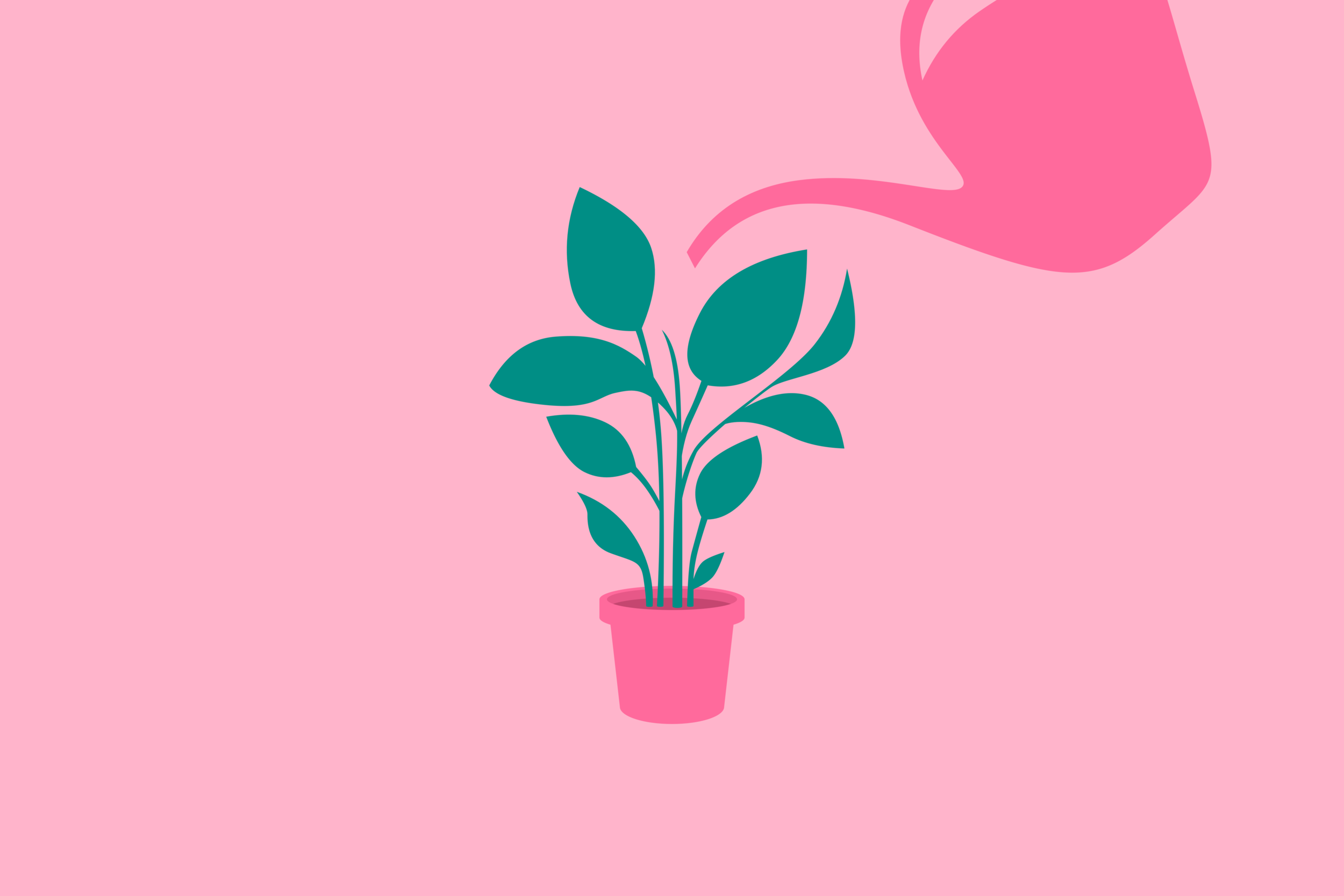Create Content That Helps Others by Solving Your Own Problems
ou are not the user", is a mantra I often use to remind myself and those around me of the fact that people are different, and products, therefore, have to be built not just based on our intuition, but on user insight. One exception to this rule, I discovered, can be the publishing of knowledge content (I am deliberately not calling this 'thought leadership' for reasons explained below). For here I have found that merely sharing what is naturally derived from solving ones own problems can yield some of the best results, at least as a starting point.
"I wrote the book I needed to read." - every author ever
When I met a product manager on my first Lunchclub meeting yesterday, I found myself answering many questions pertaining to what I jokingly called my mini media empire - made up of my blog, podcast, and newsletter. One such question was how I came up with ideas. "Seems like you've got a nice flywheel going.", he said. "How do you come up with it?" My answer boiled down to this: I look at where I am solving my own problems, and how my solutions can be re-purposed to provide genuine value to others. To illustrate what I mean, let me describe the origins of my various outlets:
Last year, I was contemplating to try myself at teaching or public speaking. Having taken on several mentoring opportunities, I had developed a passion for sharing my knowledge. I had also been doing so more of this informally at work, extending my mentoring to fellow managers and engineers. However, these methods of sharing knowledge didn't scale and I found myself answering the same questions over and over again. I firstly thought of the traditional ways in which I could teach - at university or conferences. However, there were a few elements that turned me off: The time commitment required to doing so - travelling back and forth between venues - was one, the time required to prepare material and keynotes was another. And I required a lot of flexibility with time, given my existing work commitments. If you have followed me for a while, you'll know that I try to reduce overhead wherever I can, and teaching in the traditional context seemed to have a lot of overhead attached to it. Ultimately, I found the answer to my problems in Podcasting - a mode of sharing knowledge that scaled well, felt personal, invited discourse, and fit into my schedule. It was the start of Product Nuggets.
Another issue I had been frustrated by for some time was my incapacity to remember and properly process the information I took in, in particular online. I had tried so hard to read more, watch more presentations, and visit Meetup events, that I gave myself no pause to think about what I was taking in, and ultimately didn't learn much from those experiences. So last December, I came up with my New Year's resolution: To consume less information and make an effort to retain more of it. I embarked on a few weeks and months of experimenting with browser extensions and note-taking apps, but alas, I fell back into old habits. I needed to hold myself accountable for what I was trying to do; and what better way to hold myself accountable, than to make a commitment to others? Rather than try and keep up the lonely habit of saving the most interesting information of any given week for myself to re-read at a later time, I decided to do so for my readers in the form of a newsletter. This is how Seven Things was born.
Then came the lockdown. Suddenly, I found myself having far fewer exchanges with other people which resulted in a constant buzzing in my head. I was holding too many thoughts in and had trouble sleeping. To address this issue, I picked up a technique called morning pages. This method asks you to sit yourself down first thing in the morning, and write whatever comes to mind, complete free stream of consciousness. I'd been running a blog off-and-on before and now found that a lot of the topics that were on my mind, might be on other people's too, so I decided to re-write some of my unstructured blurbs into pieces I could publish to start a conversation online. I also discovered that my initial fear of running out of ideas was unfounded, since the more I engaged with a topic, the deeper it opened up to me. This allowed me to dig into what was beyond the obvious at first sight.
y sharing the solutions to my own problems, I come up with content and a means of sharing it that is a natural extension of what I do. An additional benefit is that I am less likely to end up regurgitating what I find online but share genuine personal experiences instead. This, by the way, is also why I don't like the term 'thought leadership' as I find it's often - though, not always - best to lead based on personal experience: actions taken and outcomes evaluated. Finally, it also ends up being far less time consuming, than if I tried to spin up content I have to come up within an activity separate from my day-to-day. Now, it no longer is a problem of what to share and how, but one of making the time for doing so. But this is a story for another day.



















